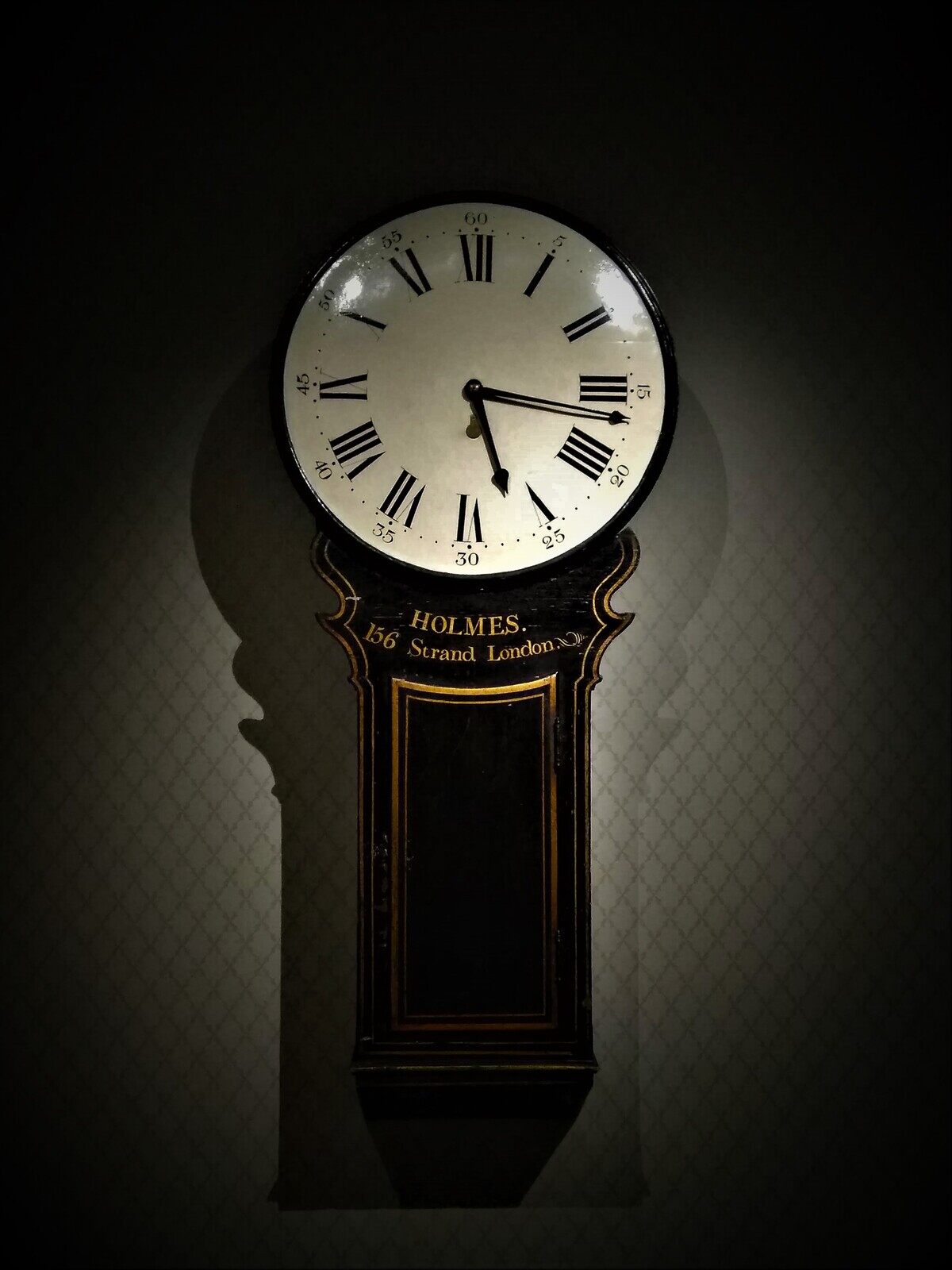A Redundancy
Writing concisely saves your reader time and effort (and irritation), because when you don’t repeat yourself, your reader doesn’t have to read the same thing twice. I’ve written about redundancy before. Use the search box in the upper right corner to find more on this subject.
He could have said:
- Get the sign painter back!
- Get the sign painter here!
- Get the sign painter again!
That sentence would be correct if the sign painter had already been there more than once, though.
When you write, don’t repeat yourself!
This post first appeared on The Writing Rag.
Subscribe to this blog's RSS feed
Haven’t Mentioned This in a While
Redundancy is when you unnecessarily repeat yourself. Conciseness is when you’re not redundant. (Terseness is when you take out too many words) Good writing is concise. No unnecessary words. This applies especially to expository writing. If you’re writing a love letter or a poem, it’s okay to not be concise. But when you want to explain something, be concise.
Here’s an example of not being concise:
The [watch and clock] tax was repealed after a campaign by the Clockmakers’ Company, and promptly replaced by Income Tax, which U.K. citizens still pay to this day.
https://www.atlasobscura.com/places/the-clockmakers-museum
You could write, “…which U.K. citizens still pay” or you could write, “which U.K. citizens pay to this day.” Both have exactly the same meaning, and each way of writing concisely has more punch than the original.
So write punchily!
PS—here’s a picture of a timepiece designed to minimize that tax.

A Redundancy so Common You Don’t Notice It
Even I do this! Well, sometimes. In spoken language. I don’t recommend it in expository writing, though.
It’s in the last panel. Do you see it?

Yup; “tiny little.” You need only one of those words.
More Fluff
I haven’t mentioned fluff in writing for a while. Fluff is one or more unnecessary words in what you (or someone) writes. You can also call this redundancy in writing. I hear people say “tiny little” a lot, as if it were one word. Here’s something similar:
Meteors are tiny dust-size particles of rock and metal that Earth passes through as it orbits the Sun.
http://www.astronomy.com/magazine/observing/2018/08/party-with-the-perseids
Take out “tiny”! Or take out “dust-size.”
If I may also wax astronomical, I shall add that the sentence describes particles that are too small. I don’t think a dust particle has enough molecules to create a flash of light bright enough to make a streak seen over a large area dozens of miles away.
Quick Vocabulary Lesson
A quickie today. Some acronyms turn into words, so be careful!
PIN is (or was) an acronym. Personal Identification Number. That means “PIN number” is redundant! All Mrs. Lockhorn needs is “PIN.”

